In this edition of the Global Risk Bulletin we look at what caused widespread riots and looting in South Africa, assess the implications of President Jovenel Moïse’s assassination in Haiti, and analyse the numbers behind Russia’s counterterrorism programme.
Counting the costs: Drivers and implications of South Africa’s recent unrest
Riots and looting spread into towns and cities in KwaZulu-Natal and Gauteng in early July, following the arrest of former President Jacob Zuma. Although the arrest served as the initial spark for the unrest, underlying socio-economic challenges such as low employment and high inequality were more significant overall drivers – and they remain unresolved. As a result, South Africa retains a high threat of civil unrest for the foreseeable future.

Troubled Times: Haiti’s ongoing crisis
Haiti remains beset by political uncertainty and instability, and the assassination of Haiti’s President Jovenel Moïse on 7 July only added fuel to the fire. Jostling for leadership swiftly followed, but the government of the country fundamentally lacks the political legitimacy to govern effectively. Haiti requires a significant course correction to begin building a working government and reverse its economic decline.

Terrorism in Russia: An enduring phenomenon
A recent uncovering of a terror plot by Russian security forces raised some questions about the country’s counterterrorism programme, and whether Russia is doing enough to prevent attacks. Dissecting the data suggests the story is more complex, and while there is some debate regarding Russia’s overall strategy, the terrorist threat is under control.
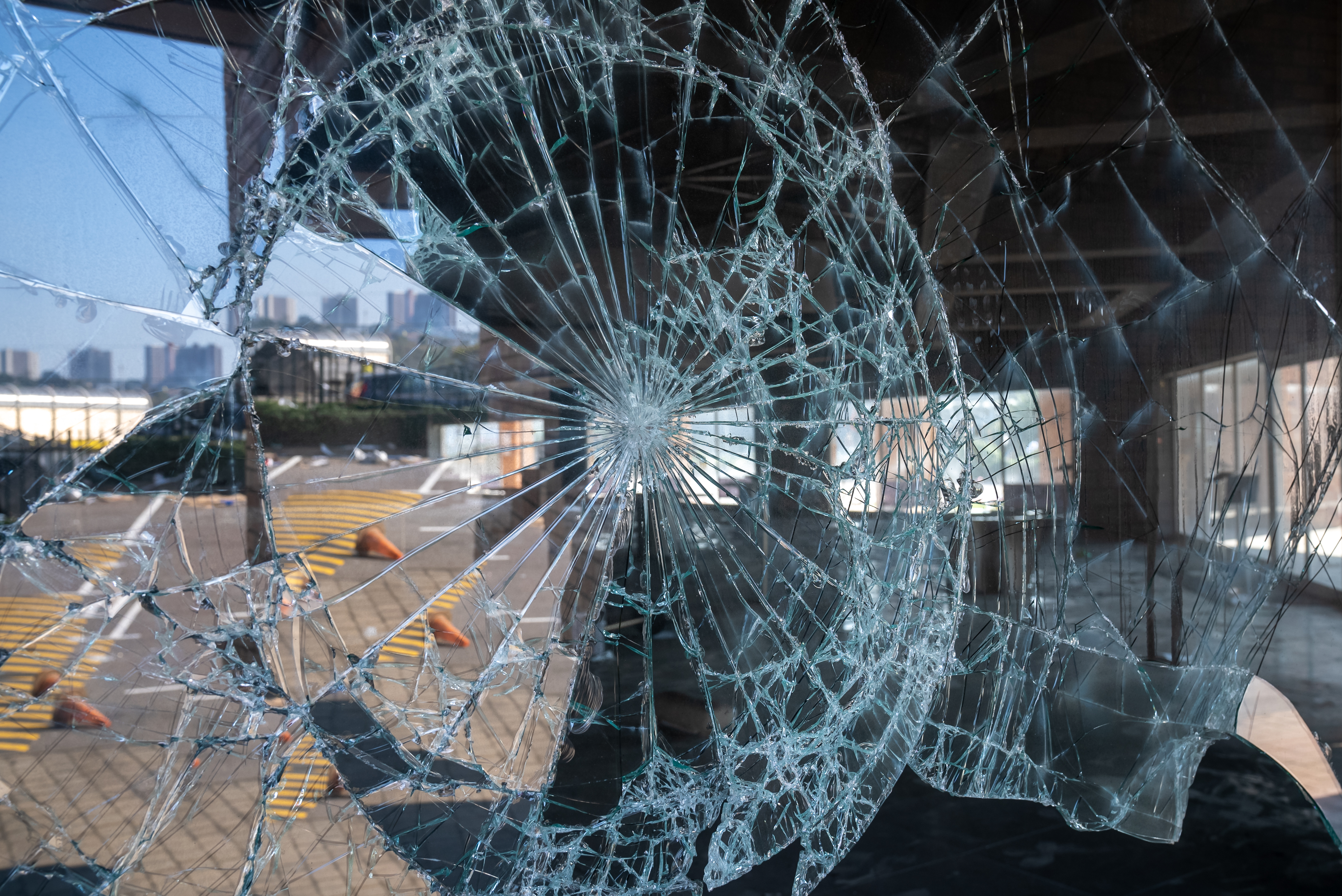
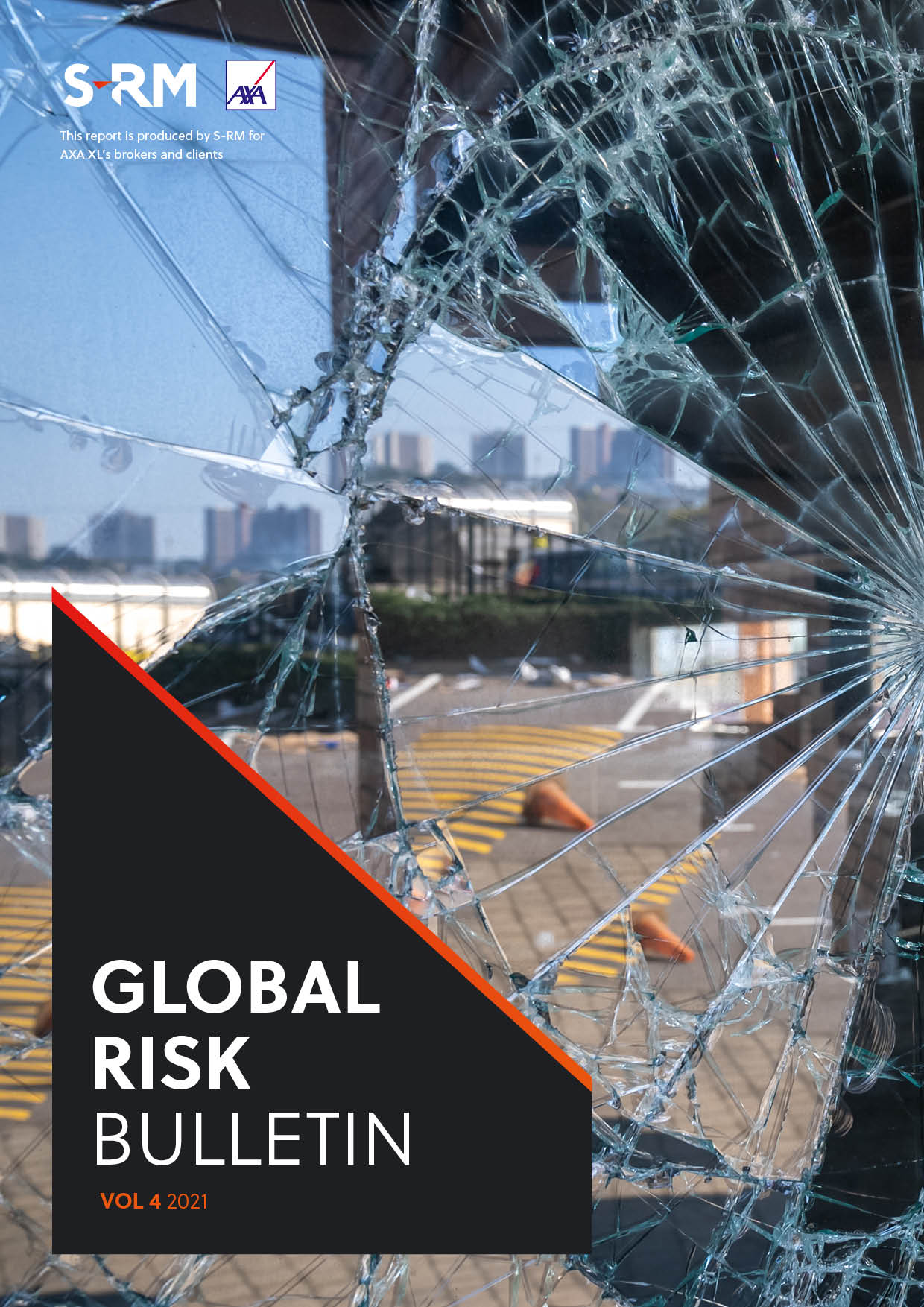



 Email Markus
Email Markus
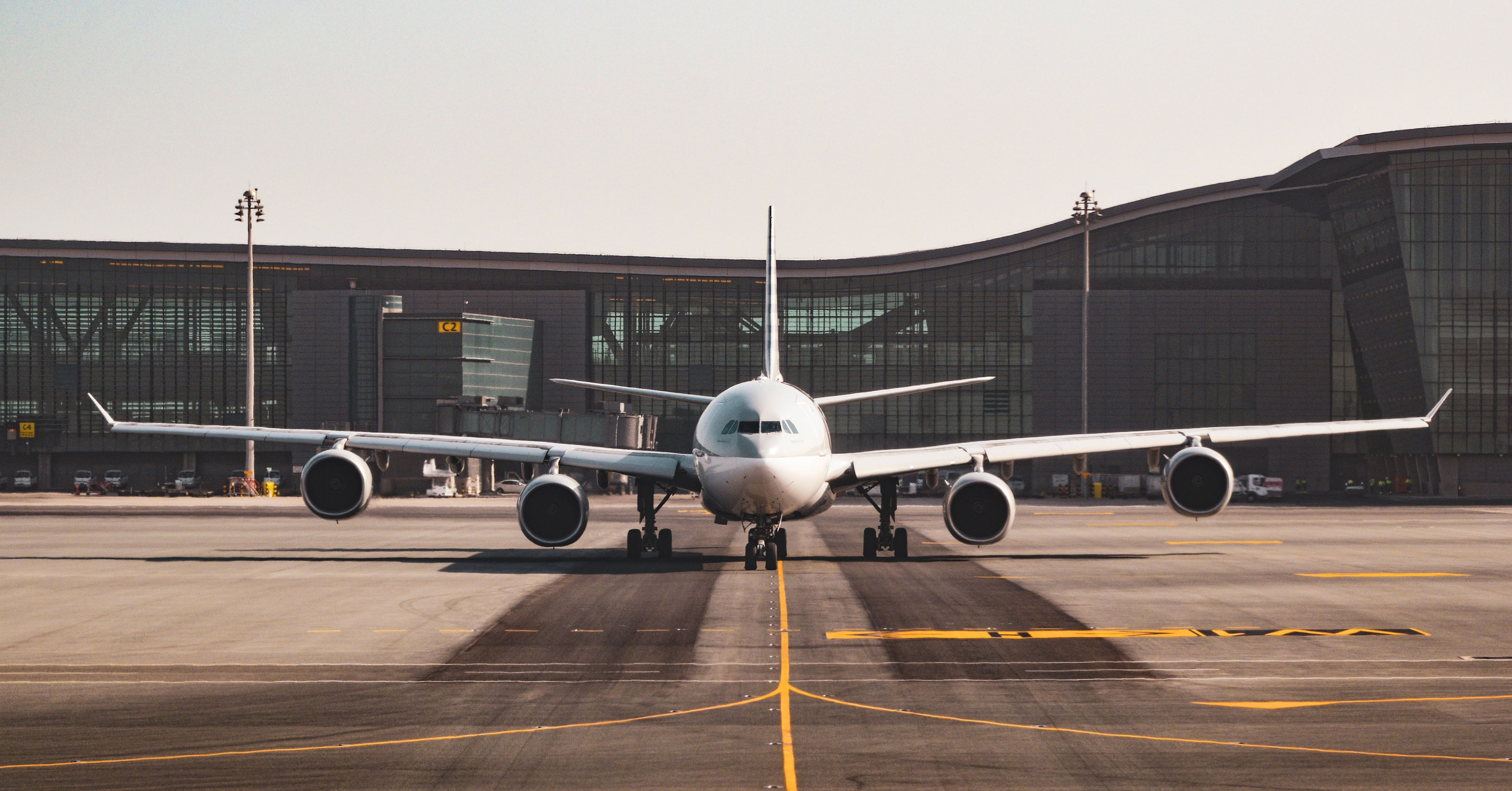
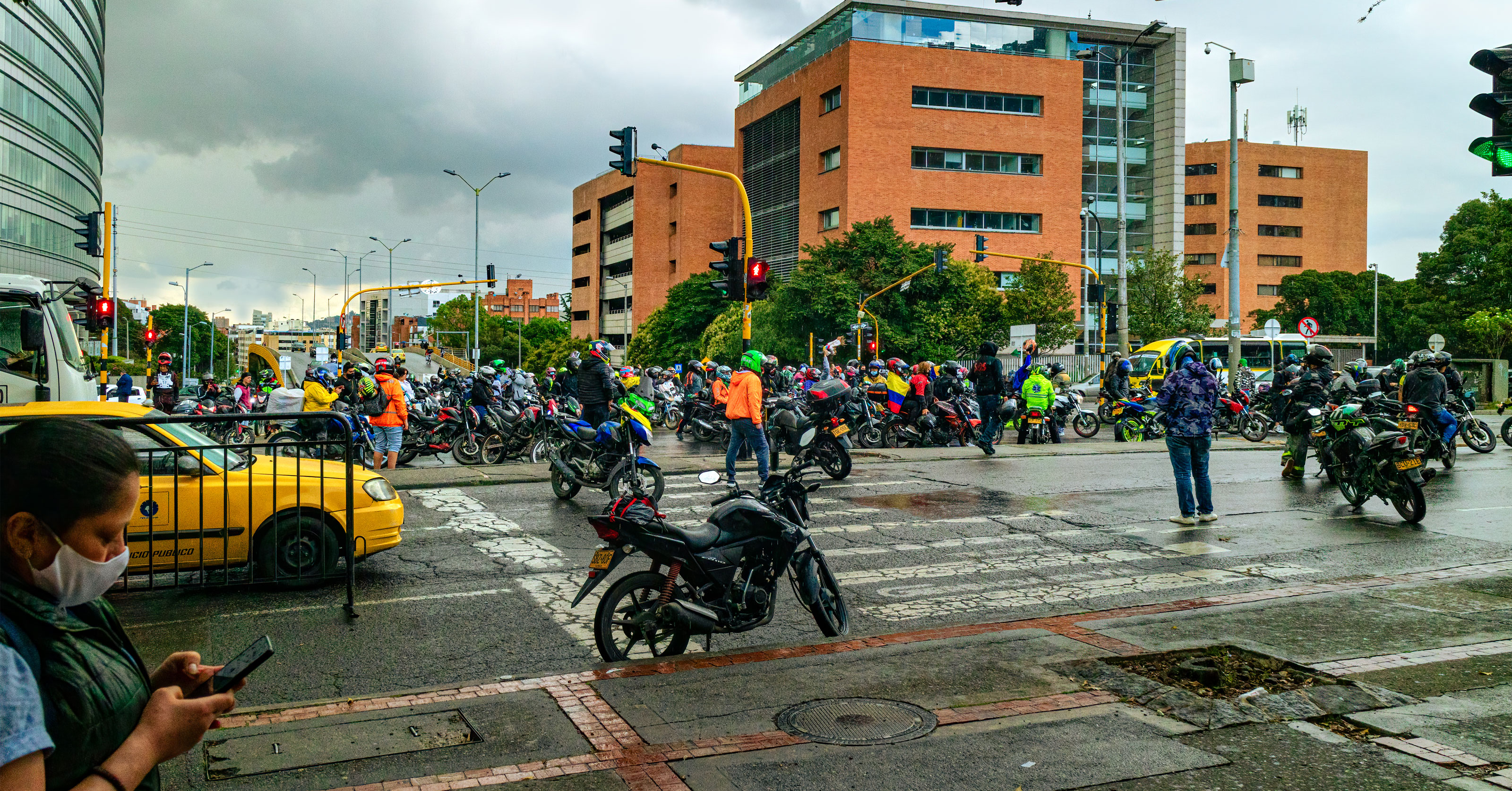
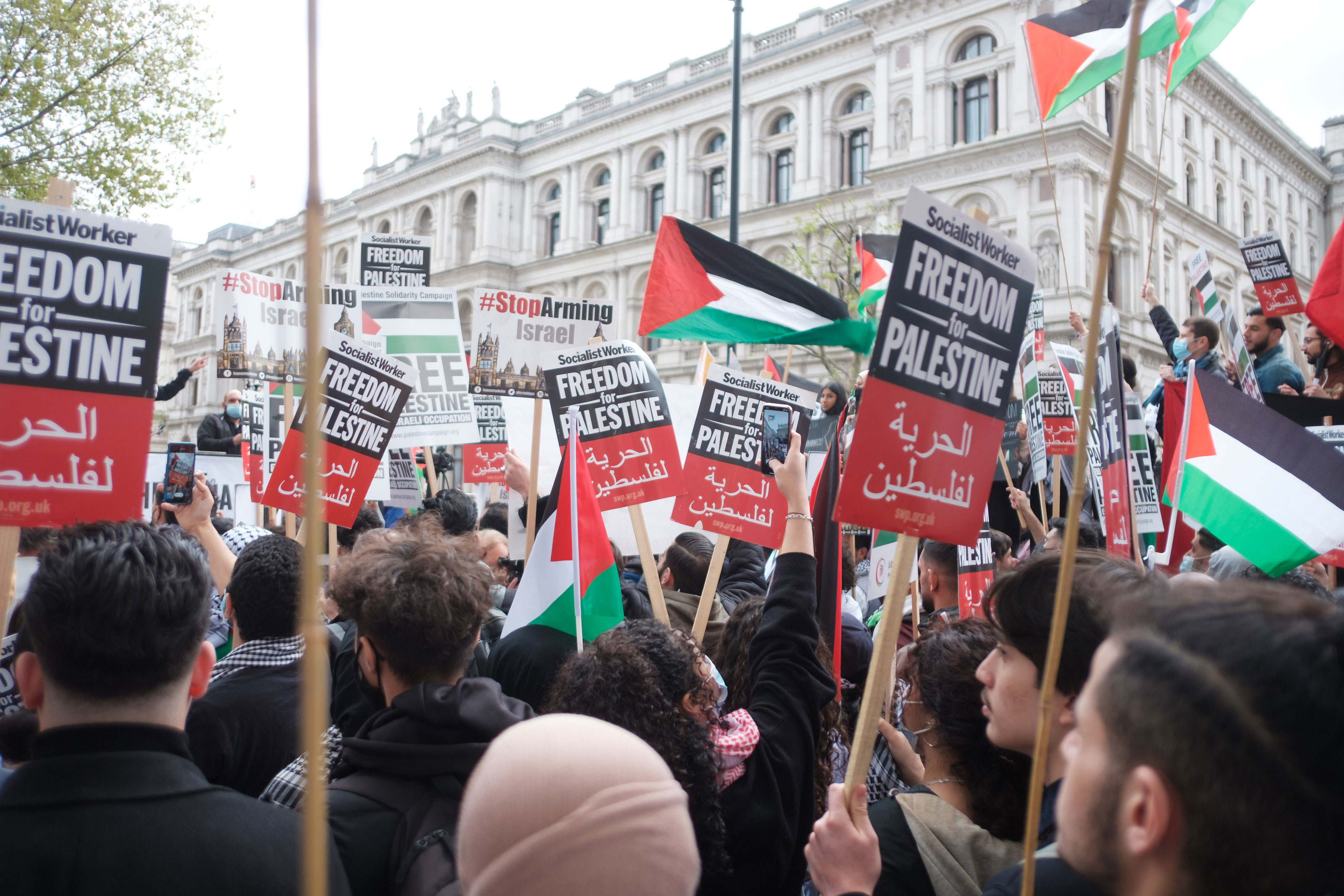


 @SRMInform
@SRMInform
 S-RM
S-RM
 hello@s-rminform.com
hello@s-rminform.com

